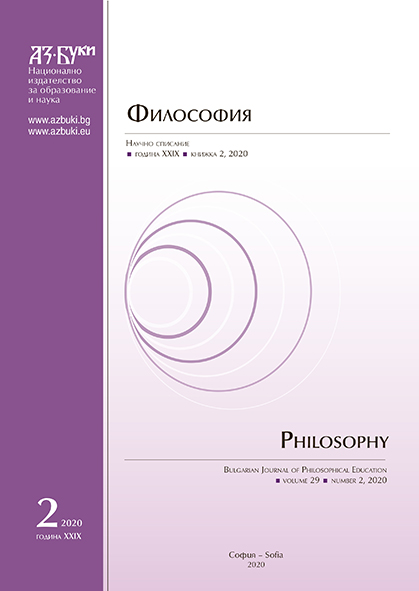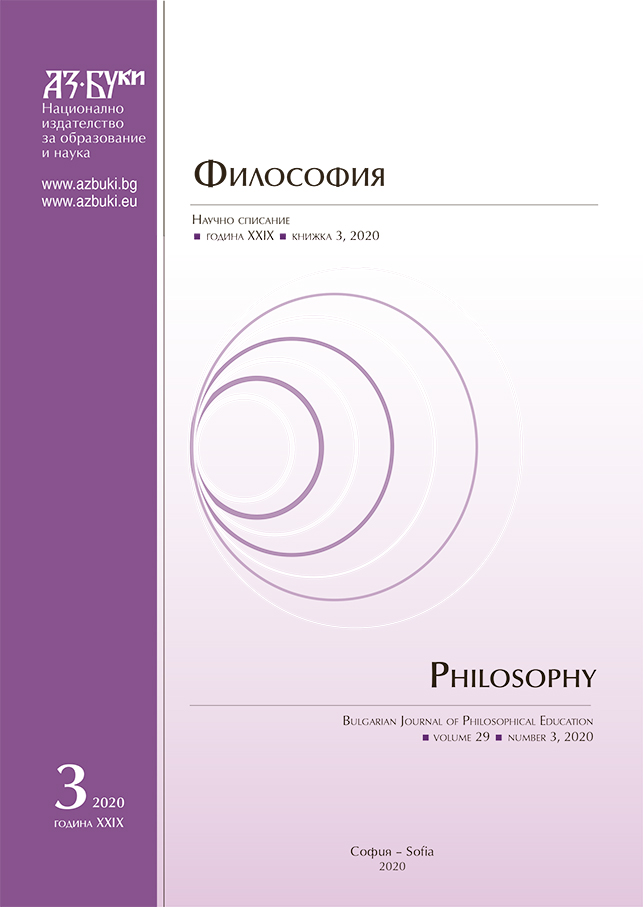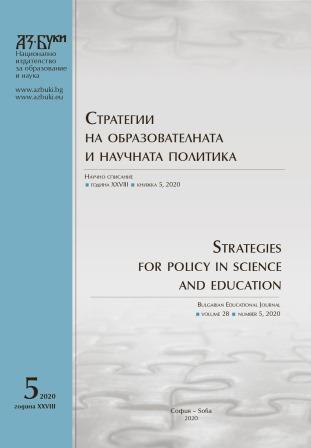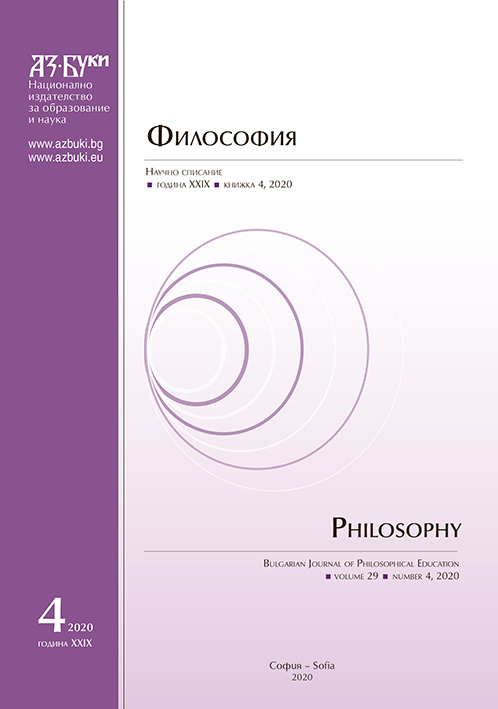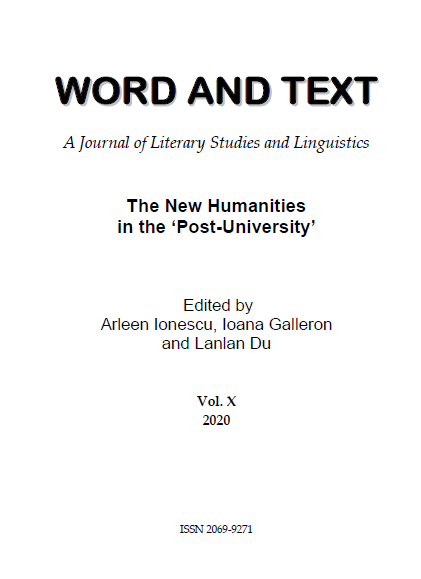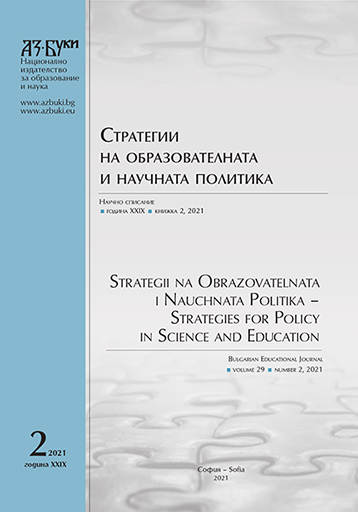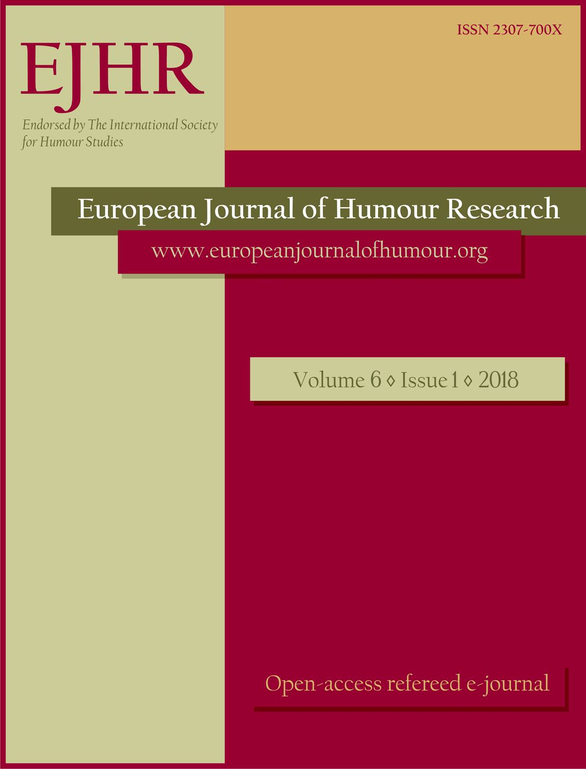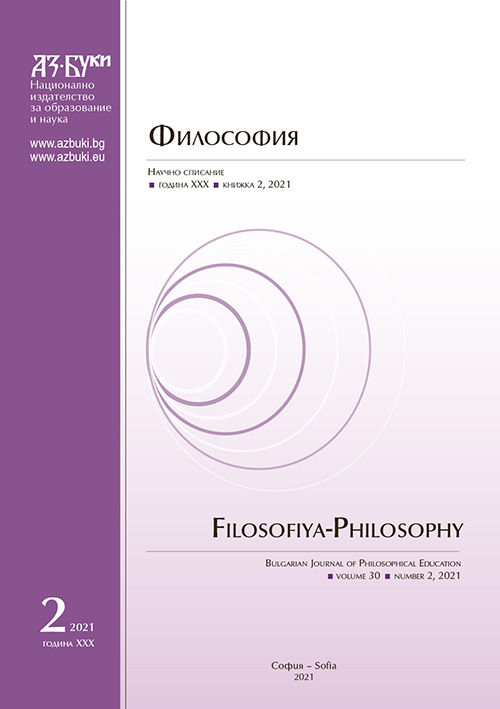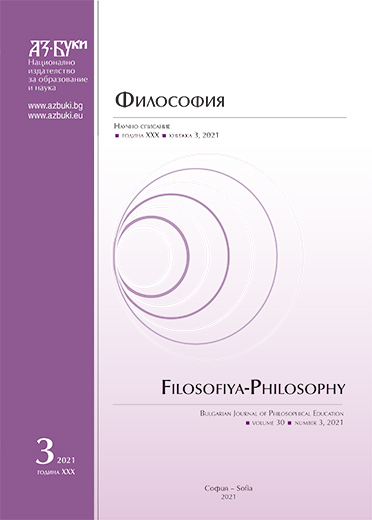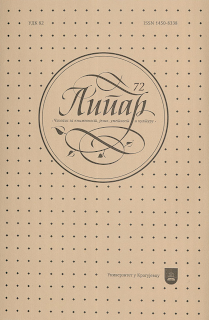Author(s): Danica B. Milošević / Language(s): Serbian
Issue: 72/2020
Inclined towards consumerism, modern patriarchal society suffers from denaturalisation which reflects itself through the processes of natural oppression and animal exploitation. Logic of domination upon which patriarchy acts and by which it imposes a superior attitude over nature and nonhuman species, destroys internal values that animals and nature possess, which are not recognized at the capitalist stage where value is regarded through the prism of instrumentalism. This paper aims to disclose the opposite practice which employs the ethics of care and partnership with nature and its elements, through the postulates of ecofeminism oriented towards the life-affirming principle, not the destructive force that patriarchy is prone to. By analysing different ecofeminist approaches, this paper reveals the importance of nature and animals as a unique potential and subjectivity, with a right to freedom and existence. In view of maintaining biodiversity, the animal is redefined from the absent referent, that is, inferior and subdued phenomenon endangered by the masculine hegemony, into a siginificant constituent of human reality by introducing the language of empathy and moral responsibility with the capacity to build a close relationship with the environment from the angle of ecofeminism. It is important to develop ecological consciousness, and accept the time flow needed for renewal of nature, by understanding the importance of the natural surroundings in which man is only a small particle. In such a language, the culture of meat eating has an alternative in the form of vegeterianism, whereas animal and nature become part of moral community, so that hunting, and laboratory exploitation of animals, as well as the use of natural resources are reduced to necessity, not the indispensable. Meat consumption is an attack on animals and an act of support to consumer culture, whereas the refusal of meat is an act of defiance to patriarchal power in the contex of ethics towards nature and its living beings.A conclusion is reached through argumentation that ecofeminism sees the practice ofanimal killing as justified only in special/extreme cases, that is, in situations when it is necessary to save human lives, or when the terrain does not offer other options for human diet. On the other hand, the exclusion of animals from laboratory practices is considered desirable for two reasons: firstly, because animals can feel pain due to their neural structures in the brain, and secondly, because there is no guarantee that a good effect of research on animals will give good results in humans. Following Ynestra King who claims that there is no hierarchy in nature, and that man is not imposed as a superior being over other species by any laws of nature, a conclusion is reached that man has no right as a rational and conscious being with a highly de- veloped system of communication to use that position as an argument or an excuse for demonstrating his agression towards animals which have an equal right to live and be free. The system of nature is declared a sacred space in the value system of ecofeminism in which the life of each individual being is invaluable. Man as a spe- cies has the greatest impact on nature, environment and diversity and, at the same time, he is the only one who can assist nature in the act of renewal, by limiting his appetites so as to sustain the world of nature, including animals as valuable species in it. Protection of animals is; therefore, needed in all segments – they should not be regarded as guinea pigs, meat or trophies, but looked upon as specific beings with their needs and instincts.
More...
